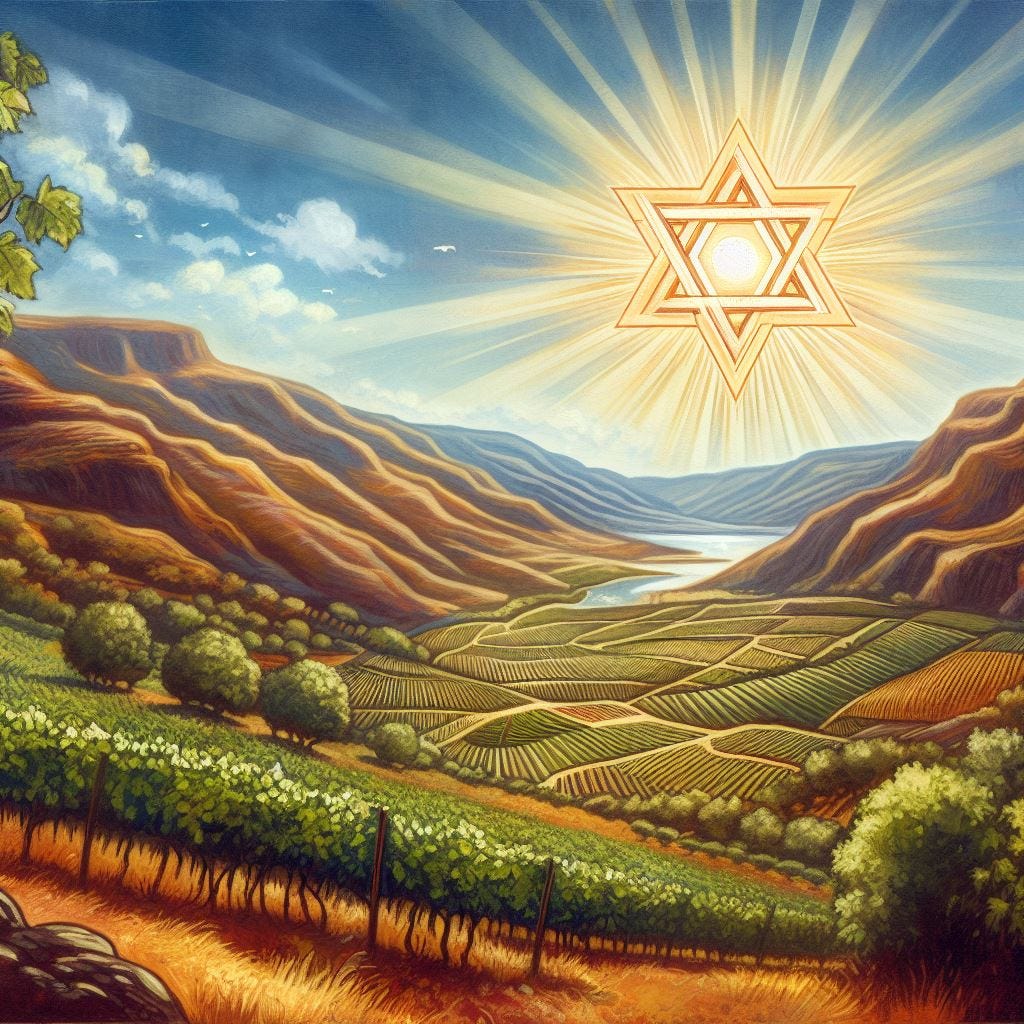The Gaza Strip is roughly the size of Washington, DC. Today, the region is populated almost entirely by Arab Muslims and a very small community of devout Christians. Alcohol is banned in the Gaza Strip, however, that small group of Christians do now and have for decades produced wine in their homes that is used for special occasions and holidays.
In fact, wine had been associated with the Gaza region going back to the third through the seventh centuries when wine exported via the port of Gaza was known and celebrated as far away as England and France. The wine known as Gazan and shipped in slim clay pots was likely produced in the Negev region located directly east of the Gaza Strip in what is today the largest political region in Israel, though the most sparsely populated.
Up until the 8th century, wine production and wine exports helped make the Negev region and Gaza quite prosperous. The wines appear to have garnered a premium and were enjoyed by royalty through the Byzantine Empire and beyond.
The documented fall off in wine and grape production in the Negev region in the 7th Century has long been linked to the Islamic conquest of the region in the mid-7th century. More recently, scholars have come to believe that the decline in the coveted Gazan wine was related to an earlier cooling climate that led to flooding in the region as well as the outbreak of the Justinian plague in the 6th century that may have decreased demand for wine and other luxury goods as well as diminished the supply of workers needed to sustain the extensive winemaking industry.
I knew none of this before Saturday, when I learned of the Hamas terrorism, rape, and kidnapping originating out of the Gaza Strip, and unleashed upon Jews in Israel. Of course, Israel has long been and is today a dynamic winemaking region today where a number of world-class wines are produced and exported. And I’ve tasted a number of these wines over the years.
Of all the regions in Israel, the area of the Negev Highlands is the least associated with wine today. However, over the past couple of decades, a small number of vineyards have been planted by pioneers using drip irrigation in the harsh desert area. In fact, a Negev Desert Wine Route has been established. As yet, there is no indication that the recent barbarism of the Hamas attacks in southern Israel has touched the Negev vineyards or wineries. However, it seems highly likely that Negev wine was flowing at the music and dance festival before its attendees were massacred and kidnapped by Hamas terrorists.
Jews, and Israelis in particular, are a resilient people. They have had to be. Since its founding in 1948 and ever since, Israel has been attacked, threatened, and surrounded by enemies that deny their right to exist. What’s interesting to note is that, while many countries and governments harbor ill-intent toward the country, Israel has nearly universal support from those countries that have long winemaking traditions. These are primarily countries and peoples associated with Western Civilization where liberal values are protected and promoted. The connection between Israel, the West, and wine is no coincidence.





Very interesting, thx!!
And, hopefully the inhabitants of the region will ...one day... live in peace together...
🙏🤞🙏